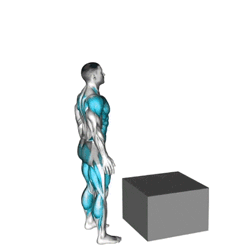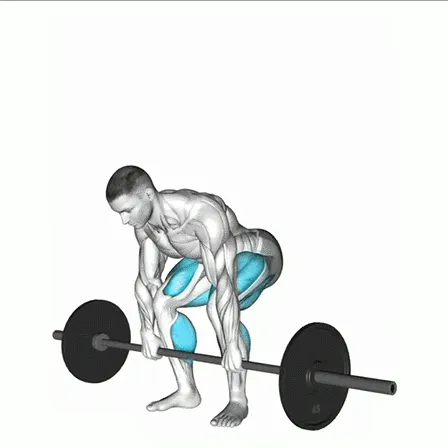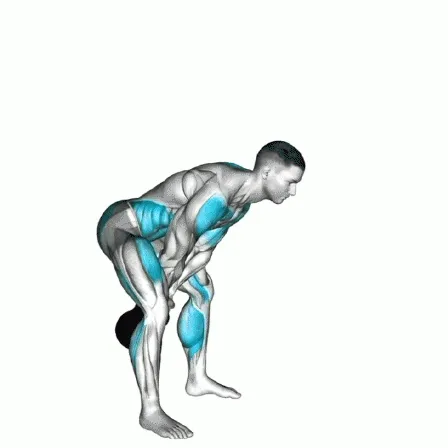Box Jump: Explosive Power and Strength Training
The Box Jump is one of the most effective plyometric workouts that builds explosive power, strength, and coordination. It engages multiple muscle groups including the quadriceps, hamstrings, glutes, and calves, while also training agility and balance. Athletes, fitness enthusiasts, and beginners looking to improve lower-body strength can benefit from adding Box Jumps to their workout routine.
Step-by-Step Instructions
1. Setup
-
Place a sturdy box in front of you at a height that challenges but doesn’t compromise safety.
-
Stand with feet hip-width apart, toes facing forward or slightly outward.
-
Keep knees slightly bent with weight on the balls of your feet.
2. Starting Position
-
Lower into a slight squat with hips back and chest upright.
-
Engage your core muscles to stabilize.
-
Keep arms by your side or ready to swing for momentum.
3. The Jump
-
Swing your arms back like a lever.
-
Bend knees and drive explosively upward through hips and legs.
-
Jump vertically, bringing knees slightly toward chest.
-
Land softly on the box with both feet fully on the surface.
4. Landing on the Box
-
Absorb impact with bent knees and a controlled stance.
-
Keep chest up, back straight, and knees aligned.
-
Ensure both feet land simultaneously for stability.
5. Step Down
-
Stand tall with full hip extension.
-
Step down carefully, one foot at a time.
-
Reset before attempting the next jump.
Benefits of Box Jumps
-
Explosive Strength: Develops power in the lower body for sports and functional movements.
-
Improved Agility: Enhances quickness, coordination, and body control.
-
Cardiovascular Boost: High-intensity movement that elevates heart rate and burns calories.
-
Muscle Development: Targets glutes, quads, hamstrings, and calves effectively.
-
Core Activation: Strengthens the abdominal and stabilizing muscles.
Tips for Effective Box Jumps
-
Start with a lower box height and increase gradually.
-
Focus on upward movement, not forward jumping.
-
Use your arms actively for momentum.
-
Land with full feet on the box, not just toes.
-
Prioritize form and quality repetitions over jumping higher.
-
Inhale before lowering into the squat and exhale during the jump.
Common Mistakes to Avoid
-
Not using arm swing to generate power.
-
Choosing a box that’s too high and compromising form.
-
Landing on toes instead of full feet.
-
Jumping too far forward instead of straight up.
Box Jumps are a versatile exercise that combine strength, speed, and explosiveness into one powerful movement. They can be used for athletic training, fat loss programs, or general fitness. By starting with proper form, gradually increasing difficulty, and focusing on safe landings, Box Jumps can help you achieve greater lower-body strength, agility, and endurance. Adding them to your routine 2–3 times per week will significantly improve your performance and overall fitness level.
















